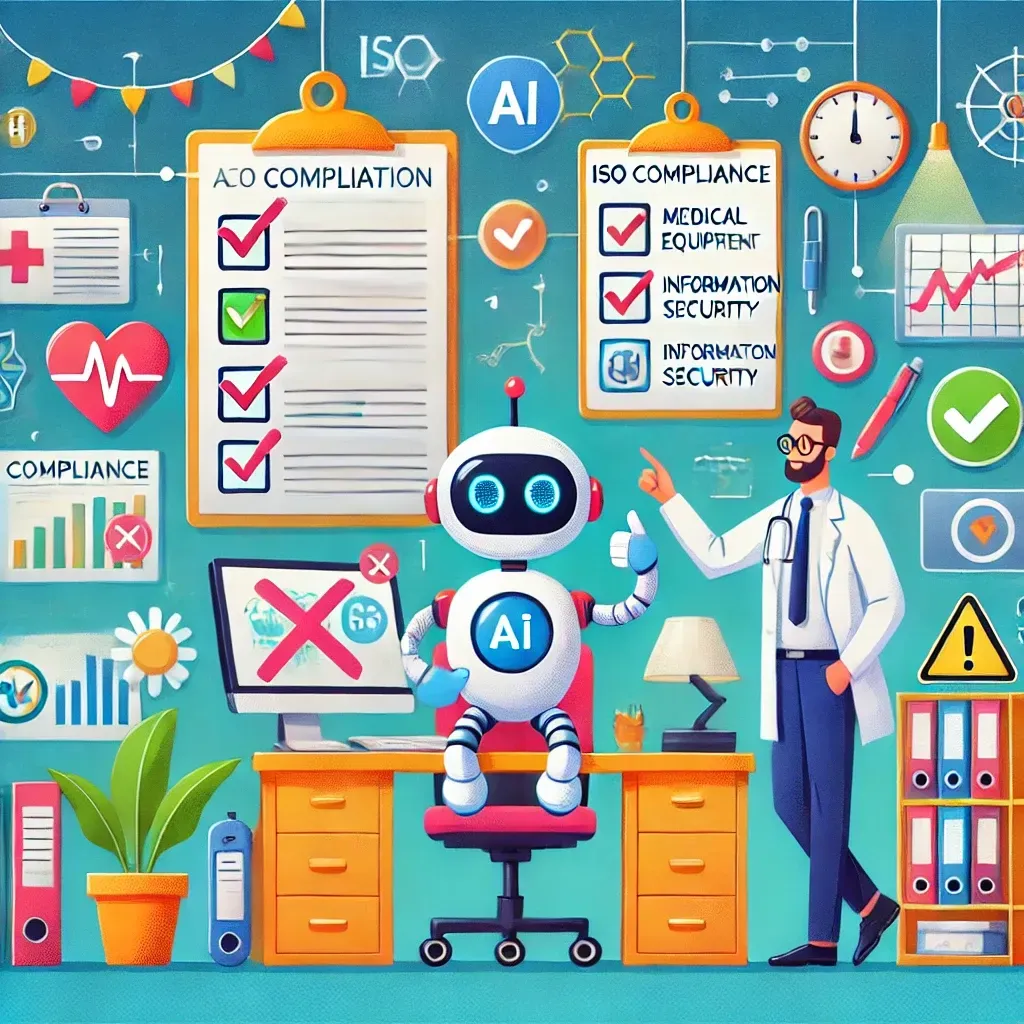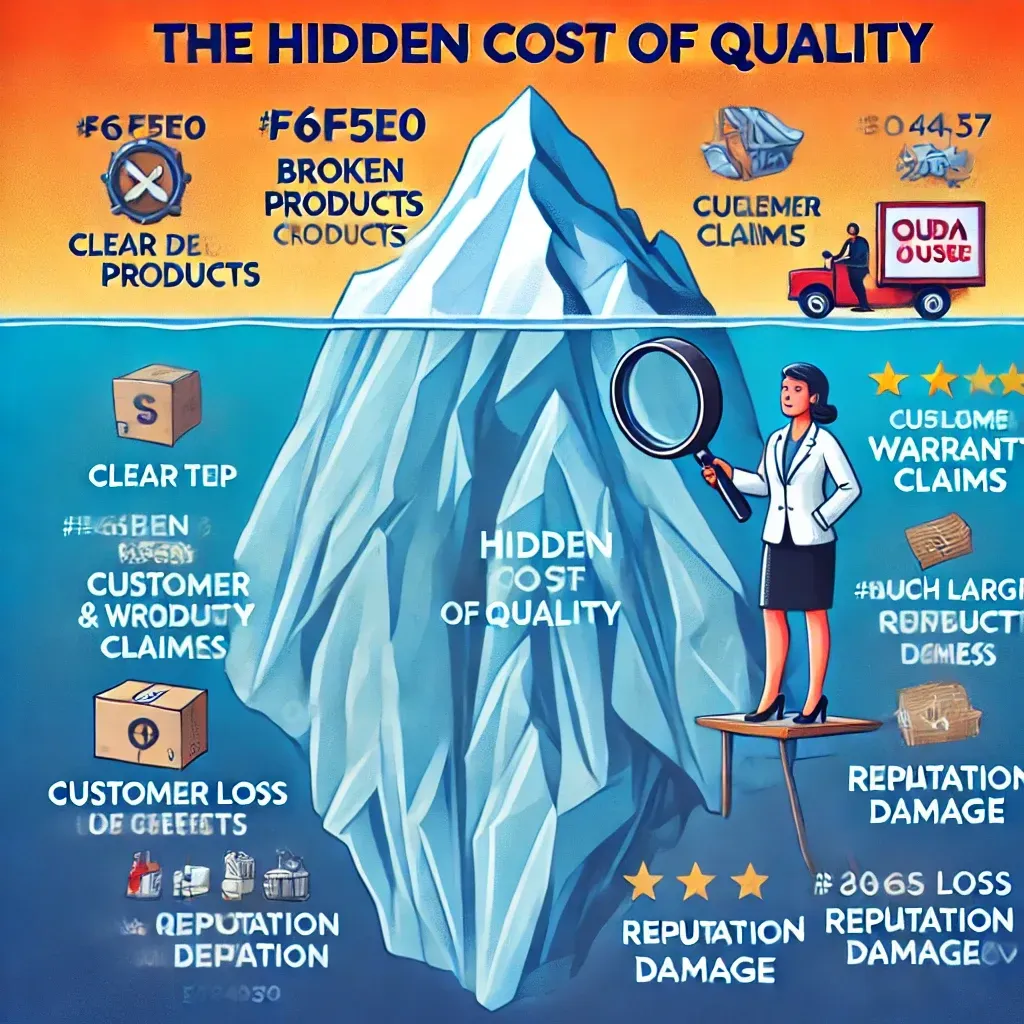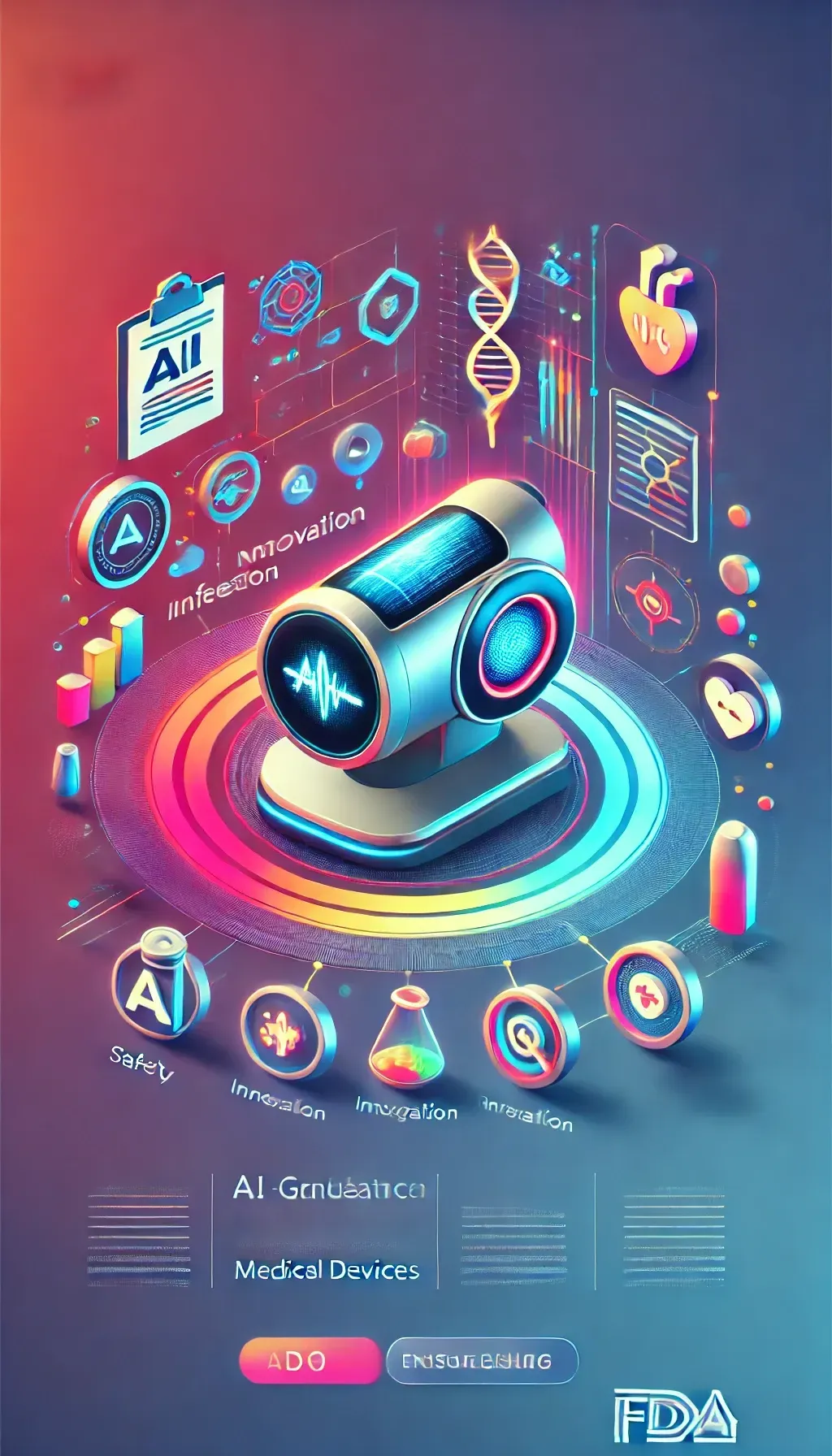AI in Quality Assurance: The Future of Testing and Assurance in a Digital World
## Introduction to AI in Quality Assurance In today's rapidly evolving digital landscape, quality assurance plays a crucial role in ensuring that software and applications meet the highest standards of functionality and performance. With the increasing complexity and scale of software systems, traditional manual testing methods are often time-consuming, costly, and prone to human error. This is where Artificial Intelligence (AI) comes into the picture, revolutionizing the field of quality assurance and transforming the way testing and assurance are conducted. What is Quality Assurance? Quality assurance is a systematic process that ensures that products and services meet predefined standards and customer expectations. In the context of software development, quality assurance involves the continuous monitoring and evaluation of software products to identify defects, bugs, and performance issues. It encompasses various activities such as testing, reviewing, and validating software components to ensure they function as intended. The Role of AI in Quality Assurance AI has emerged as a game-changer in quality assurance by automating and enhancing various aspects of the testing process. By leveraging machine learning algorithms and advanced analytics, AI can analyze vast amounts of data, identify patterns, and make intelligent predictions. This enables AI-powered systems to perform tasks such as test planning, test execution, and defect detection with unprecedented speed and accuracy. One of the key roles of AI in quality assurance is test automation. Traditional manual testing methods require testers to execute repetitive test cases, which can be time-consuming and prone to human error. AI-powered automation tools can simulate user interactions, generate test cases, and execute tests at scale, significantly reducing the time and effort required for testing. This allows organizations to accelerate their software development cycles and improve time-to-market without compromising on quality. Benefits of Using AI in Quality Assurance The adoption of AI in quality assurance offers numerous benefits for organizations seeking to streamline their testing processes and enhance the overall quality of their software products. Some of the key benefits include: 1. Improved Efficiency and Productivity AI-powered testing tools can execute tests quickly and accurately, freeing up valuable time for testers to focus on more complex and critical tasks. By automating repetitive test cases, AI eliminates the need for manual intervention, reducing the risk of human error and increasing overall efficiency. 2. Enhanced Test Coverage With the ability to analyze vast amounts of data, AI can identify patterns and generate test cases that cover a wide range of scenarios. This ensures comprehensive test coverage and helps uncover hidden defects and vulnerabilities that may have been overlooked in traditional testing approaches. 3. Faster Time-to-Market By automating the testing process and reducing manual effort, AI enables organizations to accelerate their software development cycles and bring products to market faster. This gives businesses a competitive edge by enabling them to respond quickly to market demands and customer needs. 4. Improved Accuracy and Reliability AI-powered testing tools can analyze test results with a high degree of accuracy, enabling organizations to identify defects and performance issues more effectively. This helps in delivering reliable software products that meet the highest quality standards, leading to improved customer satisfaction and reduced maintenance costs. Challenges and Limitations of AI in Quality Assurance While AI holds great promise for transforming quality assurance, there are also several challenges and limitations that organizations need to be aware of. These include: 1. Lack of Domain Knowledge AI-powered testing tools heavily rely on historical data and patterns to make predictions and decisions. If the training data is insufficient or biased, the accuracy and reliability of AI systems may be compromised. Organizations need to ensure that AI models are trained on relevant and representative data to avoid inaccurate results. 2. Ethical and Privacy Concerns AI systems may inadvertently violate privacy regulations or ethical guidelines if not properly designed and implemented. Organizations need to be mindful of the potential risks associated with AI, such as data breaches or discriminatory outcomes, and take appropriate measures to mitigate these risks. 3. Complexity and Cost of Implementation Implementing AI-powered testing tools and technologies can be a complex and resource-intensive process. Organizations need to invest in skilled AI professionals, infrastructure, and data management capabilities to ensure successful implementation. The initial costs and learning curve associated with AI adoption can be significant, requiring careful planning and strategic decision-making. AI-Powered Testing Tools and Technologies The market for AI-powered testing tools and technologies is rapidly expanding, offering a wide range of solutions to address various testing challenges. Some of the key AI-powered testing tools and technologies include: 1. Intelligent Test Automation Intelligent test automation tools leverage AI to automate test case creation, execution, and maintenance. These tools can learn from user interactions, analyze system behavior, and generate test scripts that accurately simulate real-world scenarios. 2. Machine Learning for Defect Prediction Machine learning algorithms can analyze historical defect data and identify patterns that indicate the likelihood of future defects. By predicting potential defects early in the development cycle, organizations can proactively address them and prevent issues from occurring in the final product. 3. Natural Language Processing for Test Case Generation Natural Language Processing (NLP) techniques enable AI systems to analyze and understand human language. This technology can be used to generate test cases from textual requirements, reducing the manual effort required for test case creation and improving test coverage. 4. Robotic Process Automation Robotic Process Automation (RPA) involves using software robots or "bots" to automate repetitive and rule-based tasks. In the context of quality assurance, RPA can be used to automate manual test execution, data entry, and other mundane tasks, freeing up testers to focus on more complex and value-added activities. Case Studies of Successful Implementation of AI in Quality Assurance Several organizations have successfully implemented AI in their quality assurance processes, reaping the benefits of improved efficiency, accuracy, and time-to-market. Let's look at a few case studies that highlight the successful application of AI in quality assurance: 1. Company XYZ: AI-Driven Test Automation Company XYZ, a leading software development company, implemented an AI-driven test automation solution to accelerate their testing processes. By leveraging AI algorithms and machine learning models, the company was able to generate test cases automatically, execute tests at scale, and identify defects with greater accuracy. This resulted in a significant reduction in testing time and improved the overall quality of their software products. 2. Organization ABC: Machine Learning for Defect Prediction Organization ABC, a large IT services provider, implemented machine learning algorithms to predict potential defects in their software systems. By analyzing historical defect data and identifying patterns, the organization was able to prioritize testing efforts and allocate resources more effectively. This led to a significant reduction in post-release defects and improved customer satisfaction. 3. Startup DEF: Natural Language Processing for Test Case Generation Startup DEF, a technology startup specializing in mobile app development, utilized Natural Language Processing (NLP) techniques to automate test case generation. By analyzing textual requirements and converting them into test cases, the startup was able to accelerate their testing processes and improve test coverage. This enabled them to deliver high-quality mobile apps to their customers within shorter timeframes. Future Trends and Advancements in AI for Quality Assurance The field of AI in quality assurance is continuously evolving, with new advancements and trends shaping the future of testing and assurance. Some of the key future trends and advancements in AI for quality assurance include: 1. Explainable AI in Testing As AI-powered systems become more complex and autonomous, there is a growing need for transparency and explainability. Explainable AI techniques aim to make AI models and algorithms more understandable and interpretable, ensuring that the decisions made by AI systems can be justified and validated. 2. AI-Driven Test Data Generation AI can be used to generate realistic and diverse test data that accurately represents real-world scenarios. By leveraging AI algorithms, organizations can create synthetic test data that covers a wide range of inputs, ensuring comprehensive test coverage and reducing reliance on manually created test data. 3. AI-Powered Test Orchestration and Analysis AI can be used to orchestrate and analyze test results from multiple sources, including unit tests, integration tests, and performance tests. By aggregating and analyzing test data using AI algorithms, organizations can gain insights into the overall quality and performance of their software systems, enabling them to make informed decisions and prioritize testing efforts. 4. Continuous Testing and DevOps Integration AI-powered testing tools can seamlessly integrate with DevOps pipelines, enabling organizations to incorporate testing as an integral part of their software development processes. By automating test execution and analysis, AI can facilitate continuous testing, allowing organizations to detect defects early and deliver high-quality software products at a rapid pace. Best Practices for Integrating AI into Quality Assurance To successfully integrate AI into quality assurance processes, organizations should follow some best practices: 1. Define Clear Objectives and Metrics Organizations should clearly define their objectives and measurable metrics for AI adoption in quality assurance. This ensures that AI initiatives align with business goals and provide tangible benefits. 2. Invest in Skilled AI Professionals AI implementation requires expertise in machine learning, data analytics, and software engineering. Organizations should invest in skilled AI professionals who can design, develop, and deploy AI-powered testing solutions effectively. 3. Collaborate Across Teams Successful AI integration in quality assurance requires collaboration across various teams, including quality assurance, development, and data science. By fostering cross-functional collaboration, organizations can leverage the expertise of different teams and ensure a holistic approach to AI implementation. 4. Monitor and Evaluate AI Performance AI models and algorithms need to be continuously monitored and evaluated to ensure their effectiveness and accuracy. Organizations should establish processes for regularly assessing AI performance and making necessary adjustments to improve results. As technology continues to advance, AI is set to play an increasingly important role in quality assurance. The adoption of AI-powered testing tools and technologies offers organizations the opportunity to improve efficiency, accuracy, and time-to-market while ensuring the highest standards of software quality. However, it is crucial to be aware of the challenges and limitations associated with AI in quality assurance and follow best practices for successful implementation. By embracing AI in quality assurance, organizations can pave the way for a future where testing and assurance are more efficient, reliable, and effective in the digital world. CTA: To learn more about how AI can transform your quality assurance processes, contact us today for a consultation.











